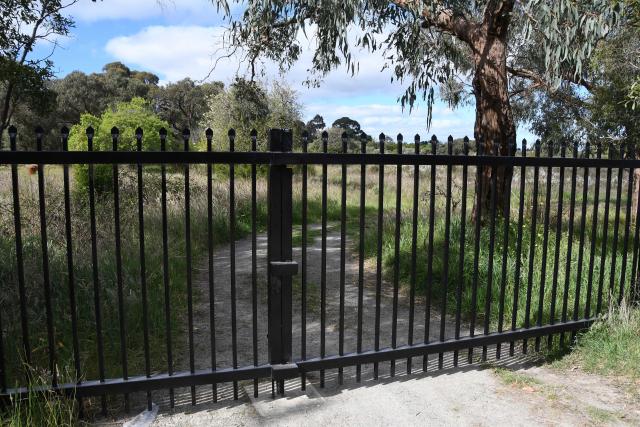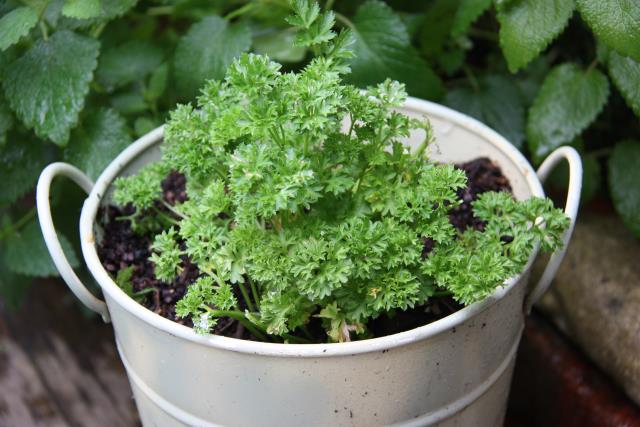The Green Wedges Coalition is concerned the State Government’s new Green Wedge protection plan will not address the longstanding urban encroachment into green space.
Minister for Planning Sonya Kilkenny released the Green Wedge and Agricultural Land Action Plan 2024 on Monday 18 March that contains 20 actions to be implemented in the next three years.
It follows a 2020 consultation paper outlining 41 planning reform options designed to protect agricultural land and guide decision-making in green wedges.
“The peri-urban area within 100km of central Melbourne is home to some of Victoria’s most fertile soil and productive agricultural land. It punches above its weight – it produces enough food to meet 41 per cent of Metropolitan Melbourne’s food needs, including 80 per cent of its vegetables,” Ms Kilkenny said.
“Our precious Green Wedges and peri-urban areas are facing increasing pressure from over-development.
“They are at risk of irreversible change – once they’re gone, they’re gone forever.”
The new actions focus on preserving Green Wedges and agricultural land on Melbourne’s outskirts and tightening planning controls over developments.
In setting tight controls, the new action plan will prohibit new data centres in the Green Wedge Zone, Green Wedge A Zone, and the Rural Conservation Zone and subdivision of small lots below the minimum lot size in some zones within 100km of Melbourne.
New conditions will be inserted for exhibition centres, group accommodation, and hotels.
A new permit trigger will be introduced for clean fill.
Casey is home to Green Wedges in areas around Westernport, Cranbourne South, Narre Warren North, and Harkaway.
The Green Wedges Coalition coordinator Rosemary West said the new action plan had good intentions and correctly identified issues needing planning reform, including resisting land speculation and pressure to convert farmland to urban uses, retaining rural land for non-urban uses, and improving protection for agriculture and significant natural assets.
However, she pointed out the lack of real actions in the plan to effectively achieve these reforms.
“It has no actions to limit the spread of urban uses like schools, places of worship, or secondary dwellings in the Green Wedges,” she said.
“The Green Wedges will still be threatened by death from a thousand cuts. These urban uses rightly belong inside the Urban Growth Boundary (UGB) where the students and parishioners live.
“We are disappointed that the very moderate proposals in the 2020 options paper to require schools and places of worship to be located adjacent to the UGB, on a main road with access to public transport and not in a Bushfire Management Overlay, has been dropped.”
Prior to the Victoria Planning Provisions by Amendment VC103 in 2013, places of worship, and primary and secondary schools were prohibited uses in Green Wedge Zones.
The 2013 amendment allows discretionary uses if they are considered appropriate.
Peninsula Green Wedge Protection Group, which formed in 2022 to oppose a proposed large temple development in rural Pearcedale in Mornington Peninsula Green Wedge in a VCAT hearing, stood with the Green Wedges Coalition, stating that place of worship and other large urban developments should get specifically mentioned or refused in the new action plan.
“But we are happy that the State Government has chosen to further strengthen the Green Wedge and agricultural land protections with this new policy,” Pearcedale resident Craig Gobbi said on behalf of the group.
“We support actions in the plan to maintain the important non-urban purpose of the Green Wedges and avoid use and development that would adversely affect their future productive use or environmental significance. We also welcome the action to support preferred land uses and encourage uses that contribute to the non-urban landscape and character.
“We need policies like these to create zone consistency across the Green Wedges.”
Ms West said the coalition feared that Green Wedge protection would still largely be left to local residents, environment and Green Wedge groups, and sometimes councils fighting unequal battles in VCAT against cashed-up developers with KCs and expensive expert witnesses.
“We hope there will be time for Minister [Sonya] Kilkenny to consider closing some of the loopholes indicated above when she amends to the Victorian Planning Provisions to implement the actions in this plan,” she said.







